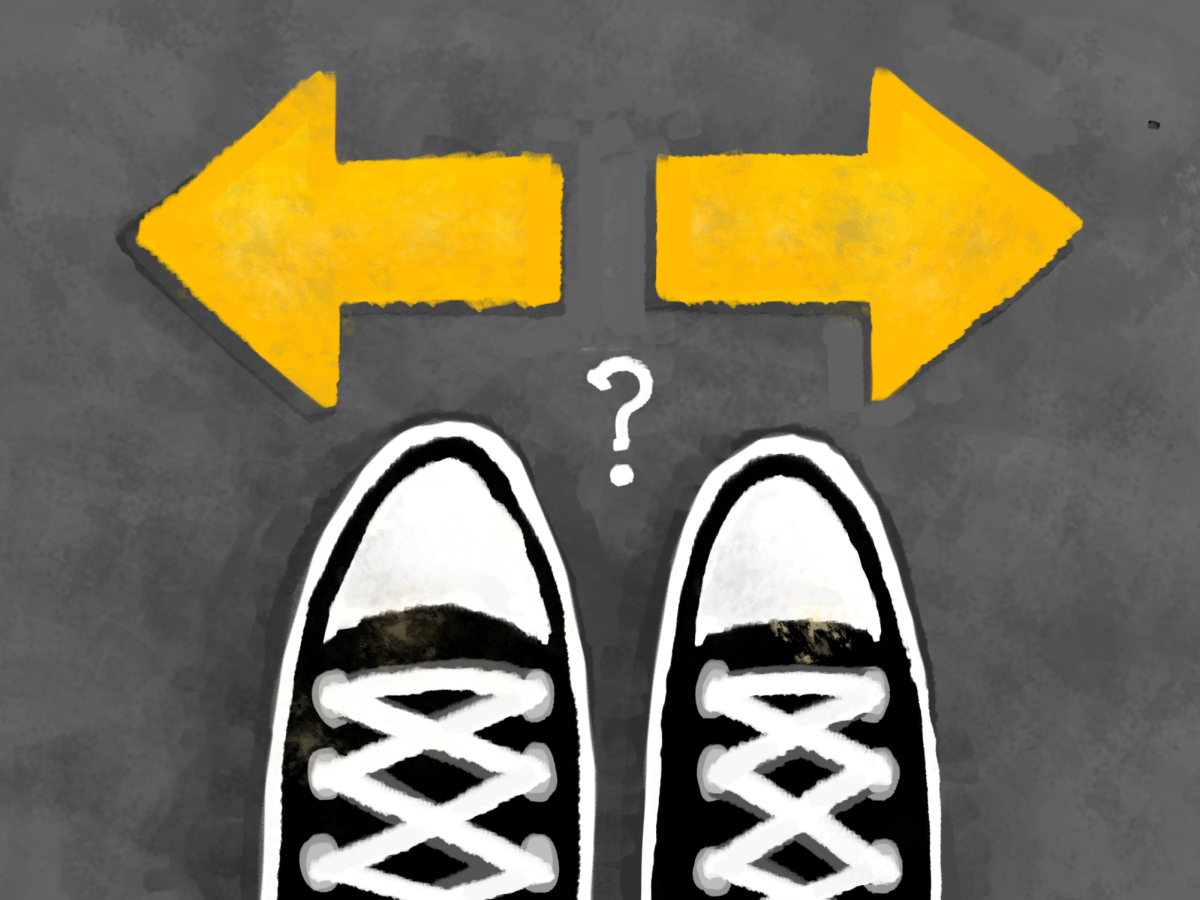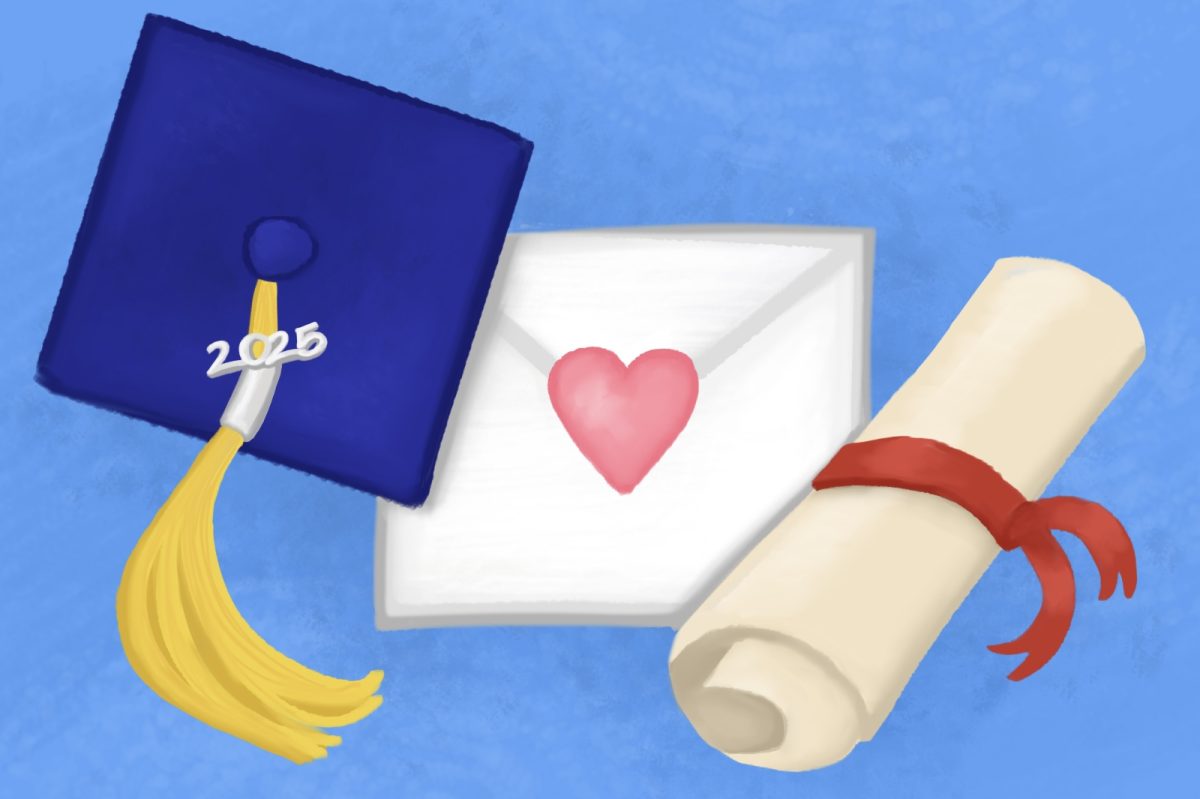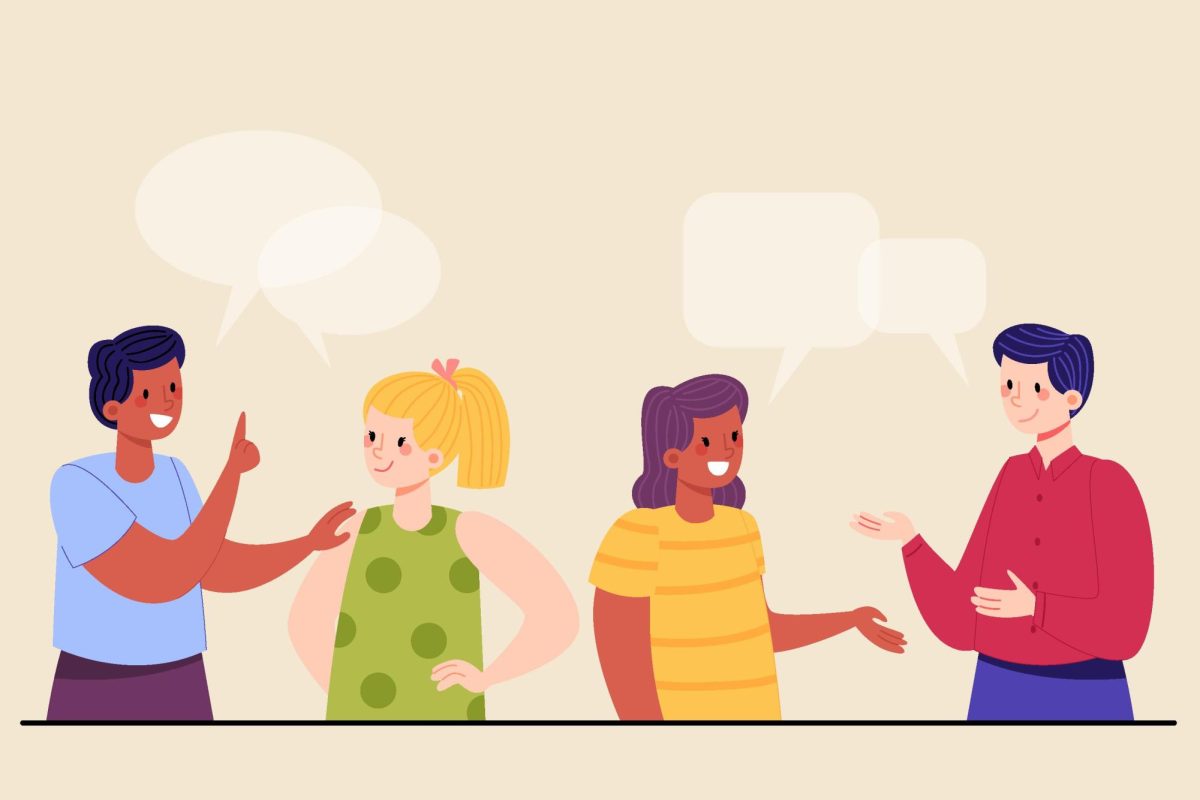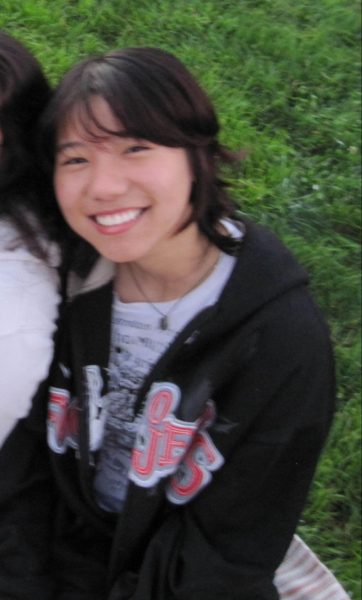Imagine you are stranded on a deserted island with your first-period class. Is your first instinct to feel overwhelmed and surrender to despair, or do you spring into action, rallying your classmates to devise a plan? Would you split into groups based on established friendships or encourage teamwork to ensure everyone’s survival? And if you stumble upon a scarce resource, are you willing to share it, even if it means dividing it among twenty other people?
For those who have taken AP Government, this scenario is a familiar debate around the moral validity of Thomas Hobbes’ Leviathan and John Locke’s Two Treatises of Government. While Hobbes portrays human nature as inherently selfish, Locke offers a hopeful vision of society as capable of collaboration and community. As students take a stance between the two philosophies, we find ourselves confronting a bigger question: do we accept the world as it is or dare to imagine the world as it should be?
At South High, our culture often leans towards a Hobbesian cynicism where complaints flow freely and stress hangs in the air. After a particularly tough test, it is all too common to hear frustration echo in the halls as we dissect our performance and compare ourselves to one another. The pressures of perfectionism lead us to reduce nuanced experiences into black-and-white terms—good versus bad, right versus wrong, smart versus dumb—that foster rigid criterias of “success” and “failure,” making any missteps feel like monumental setbacks. Consequently, anchoring our identities to our perceived flaws rather than our potential for progress becomes tempting.
However, as we stand on the brink of adulthood, it is crucial to remember we are not victims of our circumstances but active participants in shaping them. Embracing a growth mindset, as opposed to a fixed mindset, allows us to cultivate a culture of empathy and compassion, steering us away from the binary thinking that confines us. Imagine a learning environment where collaboration takes precedence over competition, where helping each other becomes the norm. In such an atmosphere, mundane acts like explaining a complex topic or proofreading an essay become powerful. It creates a space where students feel comfortable asking for help and are eager to offer it in return. This shift then reaches beyond an academic context and into a communal respect where active uplift redefines success as not a solitary endeavor but a collective journey.
Adopting a more optimistic outlook does not mean turning a blind eye either—in fact, it means facing adversity and choosing to hope in spite of it. It’s about the lending of hands in something as small as digging up old class notes to forming peer-led tutoring sessions. It’s cheering for your peers, whether it be during a sports game or before an exam, because the most meaningful support comes from acts of kindness. It’s organizing community service initiatives that bring students together for a common cause, proving that when we work together instead of competing against one another, we can make a tangible difference. Ultimately, it invites us to believe that progress toward “the world as it should be” is not only possible, but well within our reach—as it begins with our own actions.









